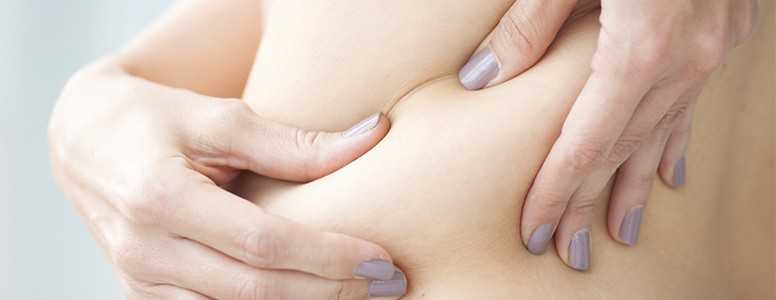A new trial is being conducted at the University of Liverpool to help improve early detection of diabetic retinopathy.
The trial, one of the largest of its kind, will involve more than 4,500 people with diabetes. The patients will test a new innovative screening method which could lead to a more accurate calculation of the risk of diabetic retinopathy.
Diabetic retinopathy, which occurs when prolonged hyperglycemia causes blood vessels in the retina to leak fluid, can be prevented if it is detected early.
However, a patient will not become aware of developing problems until their vision declines. At this stage, though, damage can be irreversible. Immediate treatment is required in the form of either laser treatment, injections into the eye or complex surgery.
Currently, patients are screened once annually under a ‘blanket’ approach. But the aim of this new trial, which is being funded by the National Institute for Health Research, is for patients at higher risk to be checked up to twice a year, while patients at lower risk could be checked every two years.
This new screening will take more variables into account, such as blood sugar control, blood pressure, cholesterol and the severity of retinopathy.
According to Professor Simon Harding, University’s Institute of Ageing and Chronic Disease and Chair of Clinical Ophthalmology at St Paul’s Eye Unit, the trial could lead to tailored diagnosis and treatment rather than a ‘one size fits all’ approach.
“Attending high numbers of clinics each year is a huge problem for people with diabetes so it is important to shape methods of detection to the individual’s needs so that it causes minimal disruption to their lives and crucially catches signs of the disease at the earliest opportunity,” added Harding.
The trial will take two years to complete. If it is successful, it could be rolled out into screening programmes around the world.
What's new on the forum? ⭐️
Get our free newsletters
Stay up to date with the latest news, research and breakthroughs.




